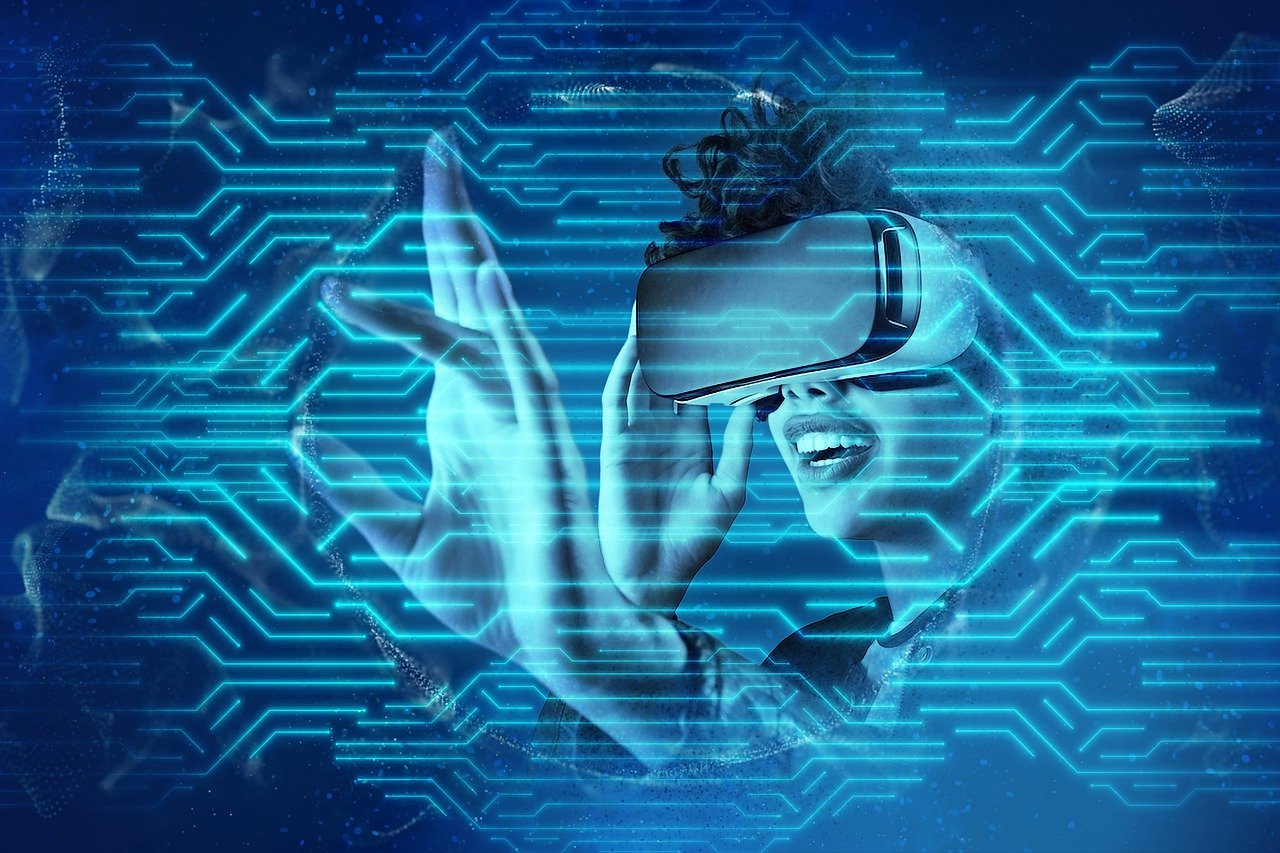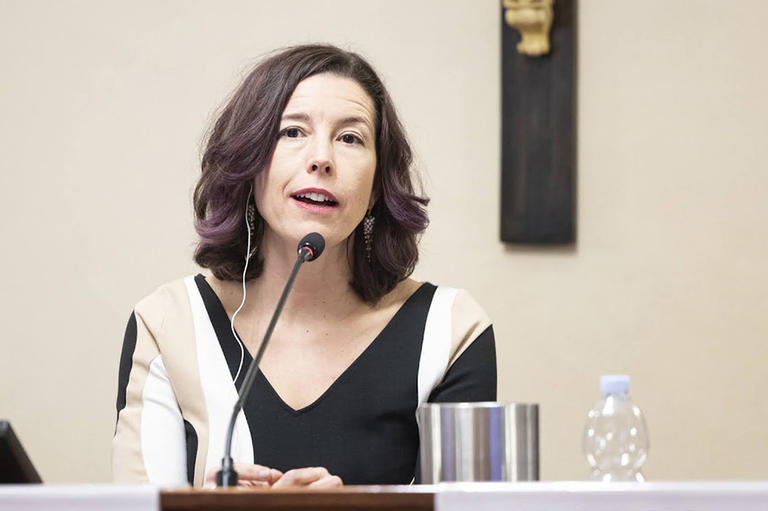
Kashmir Hill, what you need to know about the face-stealing app

An article by Francesco Berlucchi
Kashmir Hill discovers the existence of the startup Clearview AI a few months after becoming a reporter for the New York Times. A story too big not to be told in the pages of the most famous newspaper in the world. Or rather, not to write a book about it. Thus was born "La tua faccia ci appartiene" (Orville Press, translation by Vittoria Parodi), the investigation into the startup that put artificial intelligence at the service of image collection, using these frames for facial recognition on a large scale.
"When I heard the news, I wondered if this technology was real and, above all, who was behind it," says the journalist in the Crypt of the Aula Magna, during the presentation of her book promoted by the Humane Technology Lab (HTLab) of the Catholic University. "I spoke to law enforcement, they confirmed that it was a very powerful technology. They would upload my picture to prove it to me. Since then, however, I haven't heard from anyone. They had received an alert: I had been recognized by Clearview AI. So I started looking for the startup's headquarters, but it felt like I was inside a Harry Potter book, looking for Platform 9 3/4."
The spy story told by Hill helps us reflect on the future that awaits us. And about "how invasive and intrusive these technologies can be, with our consent," as Massimo Sideri, a columnist for Corriere della Sera, who moderated the event, points out . According to Sideri, the New York Times reporter is "one of the most interesting voices in describing the ongoing transformation." On these issues, he is "the signature to follow" of the New York newspaper, and thanks to his style, as an investigative journalist, the book takes us step by step along the "worrying investigation" conducted by Hill.
"We envision a world in which people can consent to facial recognition, and through headsets they can recognize it. Would you accept?" the journalist asks the audience in the Crypt, who respond very skeptically. "To the same question, more than half of the people in San Francisco said yes." "The studies we have done at Università Cattolica have shown that smart technologies, such as robotics and artificial intelligence, have brought about a profound change in our point of view," says Giuseppe Riva, director of HTLab. "When humans and robots found themselves working together, we asked the former if they preferred to lead the action. 80% of people have chosen to leave the responsibility for action to robots."
The reason? Soon said. "The robot, being intelligent, would never have made a mistake," explains the director of the Laboratory of the Catholic University that investigates the relationship between human experience and technology, because "on a cultural level we are told that technology does not make mistakes." Yet behind the "presumed objectivity" of artificial intelligence lie many other problems. "We forget that even the most advanced artificial intelligence is trained on the basis of data," says Professor Riva. "It predicts the past, while we humans have to predict the future. And only humans are able to do this. At least for now, and for a long time to come."
The interview is published on Secondo Tempo.
Read more
-
 Nostalgia di Futuro Award 2023 NewsMedia4Good section to Don Luca Peyron
Nostalgia di Futuro Award 2023 NewsMedia4Good section to Don Luca Peyron -
 How to heal yourself in the Metaverse?
How to heal yourself in the Metaverse? -
 The Aristotle Prize to Giuseppe Riva
The Aristotle Prize to Giuseppe Riva
